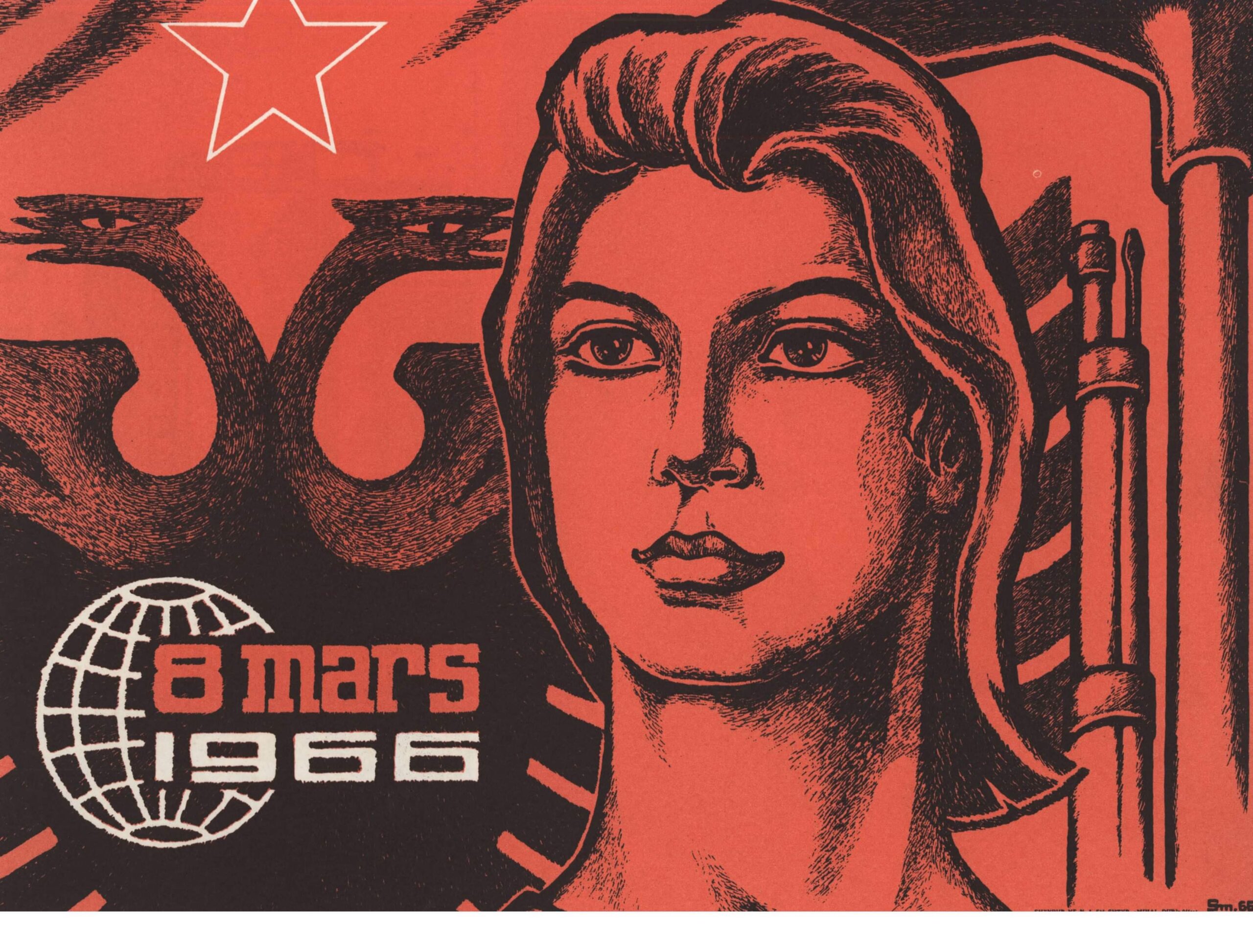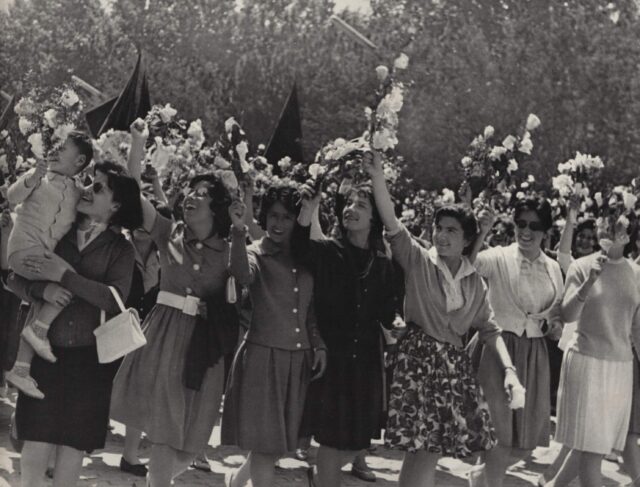
By Entela Sula
Growing up in a communist country, March 8th has always been the “Mother’s Day” for me, my parents, and many generations before, until communism fell in the 1990s. As a child, I was happy to buy a soap bar and a lipstick for my mother every March 8th with some little money she would give me. That was all the store could offer during those dark years. Little did I know that communist propaganda had intentionally assigned “March 8th” as Mother’s Day. All over the world, that day was known as International Women’s Day, dedicated to women’s rights. In the Albania of the communist era, women were not free to speak about their rights, let alone fight for them. Some were brave enough to speak out against the regime and isolation; these women were imprisoned and killed, and their families were punished with forced labor or exile. This was the fate of thousands of Albanian women seeking freedom in a country isolated for 45 years.
Albania has been a free democratic country since the 1990s, and today, Albanian women have many rights. However, the country still faces issues imported from the past. In a male-dominated society, many women are forced into early marriages, interrupting their education, and compelled to stay at home raising their kids instead of being financially independent. Albanian society is still fragile, seeking a better identity.
March 8th, intended to unite women for a brighter future, becomes a battleground of conflicting sentiments— bringing the past and the present to the table. For many, it remains the “Mother’s Day,” a time to celebrate and pay respect to memories and generations that grew up in the communist era. Simultaneously, others take to the streets, advocating for the rights and a more promising future for all Albanian women. Despite progress over the past 33 years, Albanian women still strive for prominent roles in politics, decision-making, and liberation from societal prejudices. This narrative, my story intertwined with those of many Albanian women, offers a glimpse into the complexities of tradition, societal shifts, and the continual pursuit of gender equality. As Women’s History Month embraces the theme of Inspiring Inclusion, I eagerly anticipate hearing the stories of women from diverse cultures and backgrounds. These narratives will undoubtedly continuing to spark inspiration within me to contribute to making the world a better place for women and young girls.

